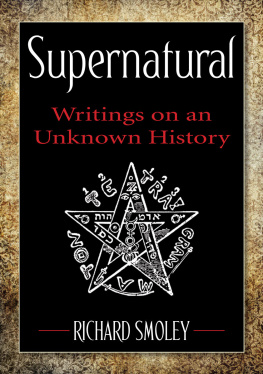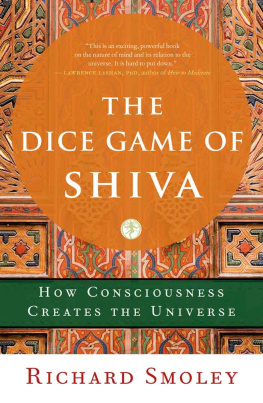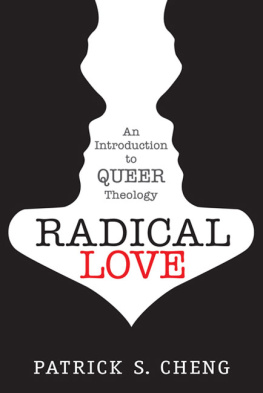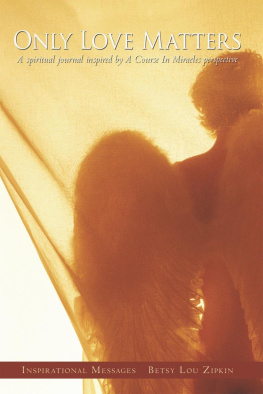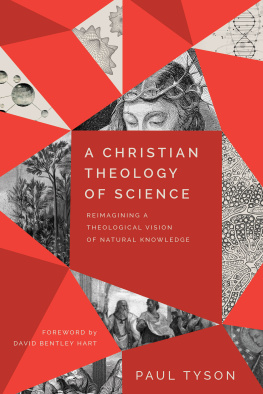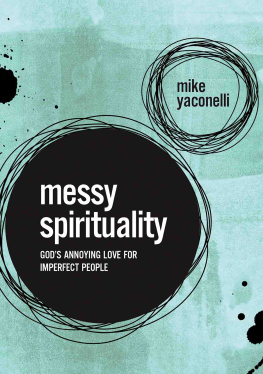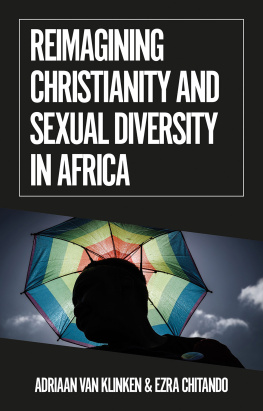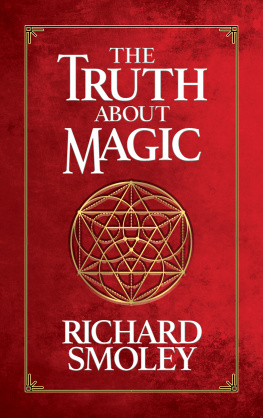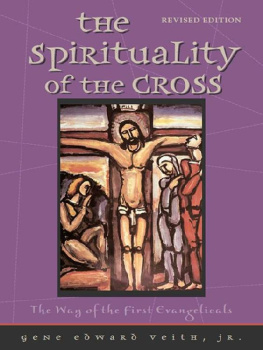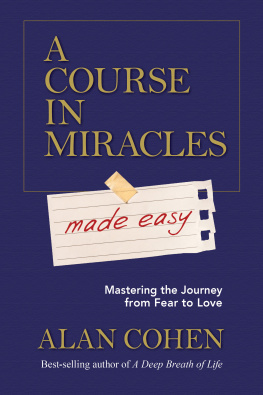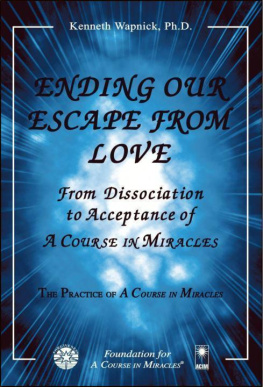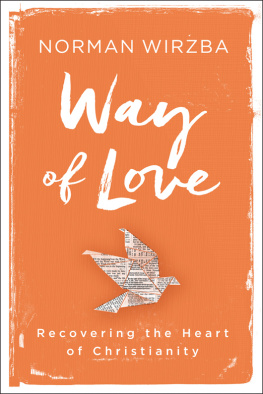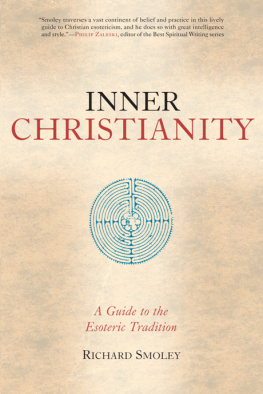Smoley - A theology of love: reimagining Christianity through a course in miracles
Here you can read online Smoley - A theology of love: reimagining Christianity through a course in miracles full text of the book (entire story) in english for free. Download pdf and epub, get meaning, cover and reviews about this ebook. City: Rochester;Vermont, year: 2019, publisher: Inner Traditions, genre: Religion. Description of the work, (preface) as well as reviews are available. Best literature library LitArk.com created for fans of good reading and offers a wide selection of genres:
Romance novel
Science fiction
Adventure
Detective
Science
History
Home and family
Prose
Art
Politics
Computer
Non-fiction
Religion
Business
Children
Humor
Choose a favorite category and find really read worthwhile books. Enjoy immersion in the world of imagination, feel the emotions of the characters or learn something new for yourself, make an fascinating discovery.

A theology of love: reimagining Christianity through a course in miracles: summary, description and annotation
We offer to read an annotation, description, summary or preface (depends on what the author of the book "A theology of love: reimagining Christianity through a course in miracles" wrote himself). If you haven't found the necessary information about the book — write in the comments, we will try to find it.
Smoley: author's other books
Who wrote A theology of love: reimagining Christianity through a course in miracles? Find out the surname, the name of the author of the book and a list of all author's works by series.
A theology of love: reimagining Christianity through a course in miracles — read online for free the complete book (whole text) full work
Below is the text of the book, divided by pages. System saving the place of the last page read, allows you to conveniently read the book "A theology of love: reimagining Christianity through a course in miracles" online for free, without having to search again every time where you left off. Put a bookmark, and you can go to the page where you finished reading at any time.
Font size:
Interval:
Bookmark:
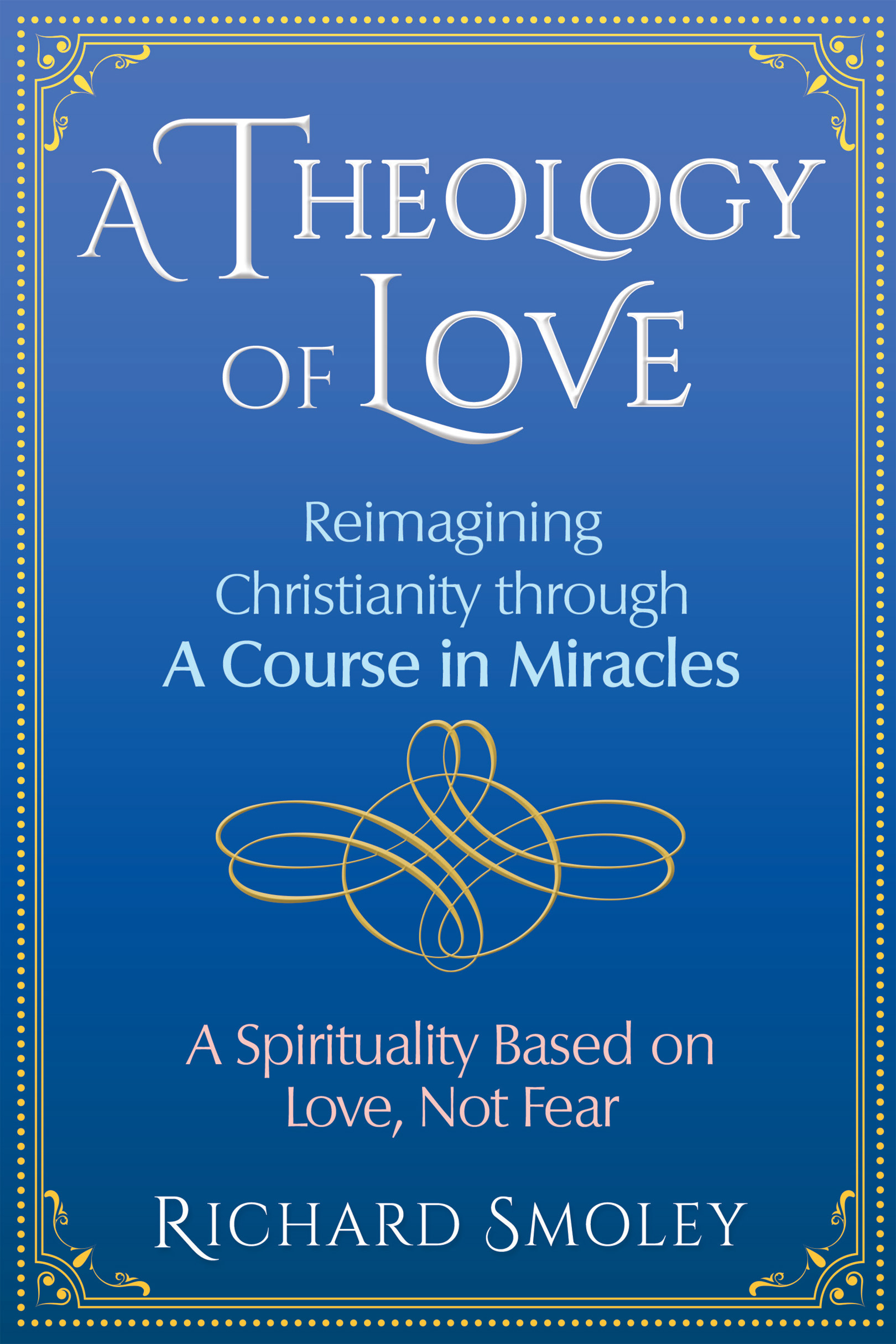
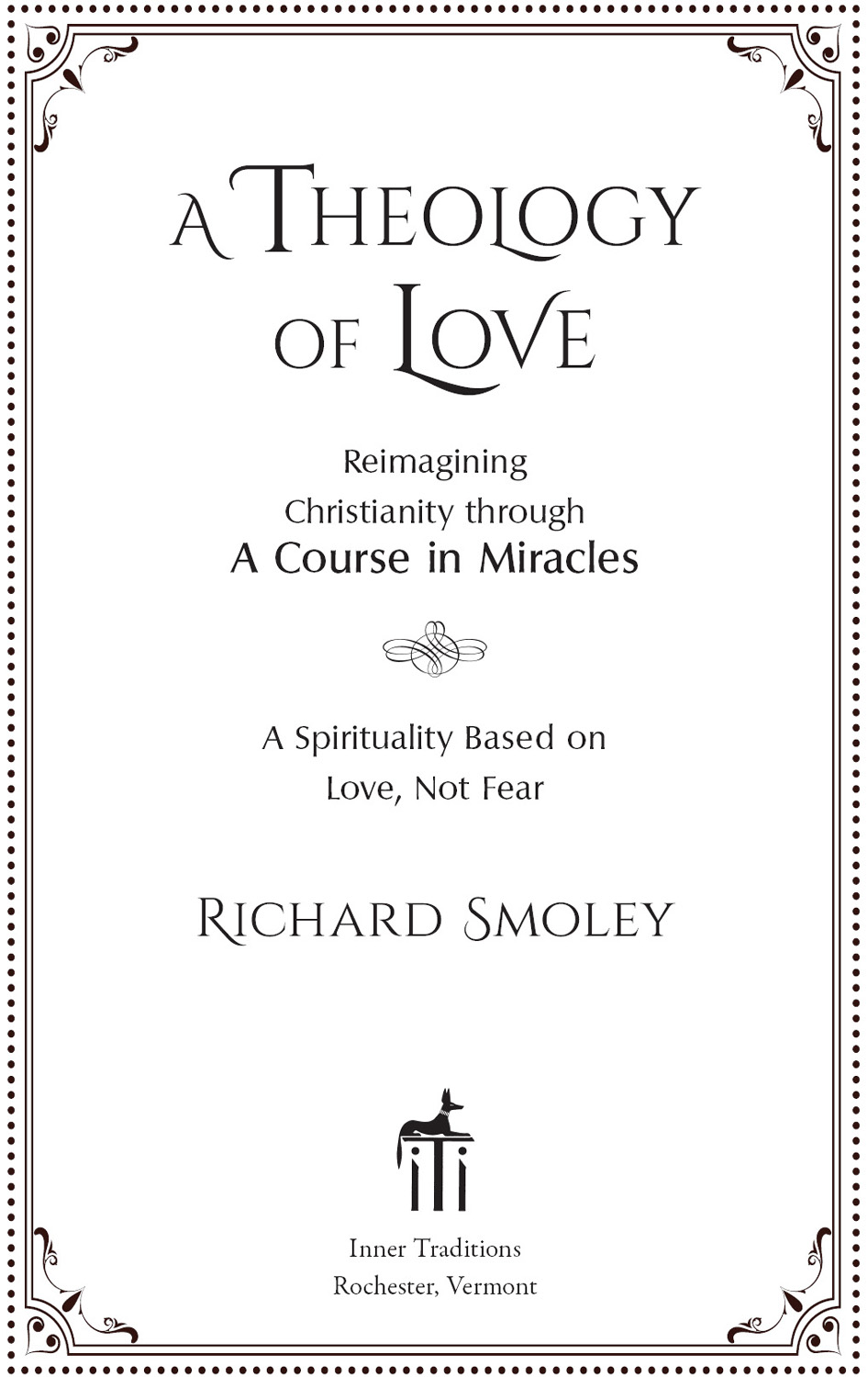
For my family

A THEOLOGY OF LOVE

I literally cannot think of another scholar who could reasonably attempt what Richard Smoley not only attempts but succeeds in doing in A Theology of Love. Smoley constructs a new, mysterious, utterly practical, and broadly gnostic Christian-based approach to life; it is one of mysticism, questioning, critical belief, and personal change. Some contemporary scholars possess the intellect, some possess the inner experiencebut none, other than Smoley, possess both, and in sufficient amounts, to achieve this unprecedented task. When you read A Theology of Love you will understand why Richard is our generations premier independent scholar of spirituality.
MITCH HOROWITZ, PEN AWARDWINNING AUTHOR OF OCCULT AMERICA AND THE MIRACLE CLUB
In our increasingly secular world, people hunger for a way of harmonizing their actual spiritual experiences and their inner knowing with religious traditions that no longer affirm them. In A Theology of Love, Richard Smoley shows how this is possible. This is a powerful contribution, powerful because it is also simple and uncomplicated. To those who grieve that Christianity has lost its way because of its sellout to tawdry, unprincipled politicians, Smoleys message is CPR for the soul.
LARRY DOSSEY, M.D.,AUTHOR OF ONE MIND: HOW OUR INDIVIDUAL MIND IS PART OF A GREATER
CONSCIOUSNESS AND WHY IT MATTERS
This book addresses some very important issues for the community that calls itself Christian. The authors breadth of knowledge and his ability to talk the ecclesiastical talk should help his message reach many readers who know nothing about A Course in Miracles but would find that it speaks to them. And maybe it will help to dispel the glut of misinformation thats out there, too.
ROBERT ROSENTHAL, M.D., AUTHOR OF FROM NEVER-MIND TO EVER-MIND AND FROM PLAGUES TO MIRACLES
Far and away the most exciting examination of the core Christian promise and its continuing relevance for us today that I have read in years.
PTOLEMY TOMPKINS, COAUTHOR OF PROOF OF ANGELS
No one gives a deeper and more balanced account of what he calls inner Christianity than Richard Smoley. Historically erudite and theologically awake, he is that rare scholar who is a practitionerwell versed in the spiritual practices of all those currents of true Christianity that recognize that to be a Christian is to become a Christ and embody his unconditional love of human beings (individually, as beings of infinite and absolute value) and humanity as such: the human project. Too much of contemporary Christian thought ignores this fundamental teachingat its and our peril. A Theology of Love will perhaps deepen the understanding of those who seek a deeper, healthier Christian path. Love one another as I have loved you is what Christ teaches in St. Johns Gospel. And, when all is said and done, what other teaching does one need?
CHRISTOPHER BAMFORD, AUTHOR OFHEALING MADONNAS ANDAN ENDLESS TRACE
ACKNOWLEDGMENTS
O f course there are innumerable people I would like to thank for contributing to the making of this book. Most immediately, I am indebted to my agent, John Loudon, and to Jon Graham and Meghan MacLean at Inner Traditions for their help in turning this book into a printed reality. I am also grateful to the Foundation for Inner Peace for their generosity in granting me permission to quote from A Course in Miracles.
And I certainly am grateful for the support and affection of my loving family: my wife, Nicole, and my sons, Robert and William.
Note on Citations from A Course in Miracles
Quotations from A Course in Miracles are taken from the third edition, published by the Foundation for Inner Peace in 2007. In-text references are to the three volumes of the Course: the Text (T), the Workbook (W), and the Teachers Manual (M), along with page numbers. Thus a reference to page 1 of the Text will be (T, 1), etc.
Also see the Appendix, Studying A Course in Miracles, for additional information about these three cited texts.
INTRODUCTION
S he was a queen, and her reign was long, imperious, and cruel.
She held up high ideals and inspired a great civilization, but she could be arrogant and capricious. She demanded full agreement to everything she said; dissent was not tolerated. She could change her mind, and sometimes did, but it was forbidden for anyone to point out that she had done so or to claim that she had ever said anything than what she was saying now.
Physical submission and tribute were not enough for her. She demanded the allegiance of the heart and the mind, and those who did not give it could and did have their tongues torn out, their hands cut off, or their bodies burned at the stake. She was the mother of totalitarianism.
Her reign came to an end, as all reigns must, and she was cast off her throne. The strain was too much for her, and she broke down. She now sits ignored and doddering, muttering scraps of jargon to which few pay attention.
She is theology. She was once called Queen of the Sciences, but now she is no longer called a science at all.
I find it hard to read or hear anything of contemporary theology without being assailed by images like these. Theology is a fallen despot, and its pronouncements are now ignored, even, perhaps, by those who utter them. Many of the great minds of twentieth-century theologyBarth, Bultmann, Bonhoeffer, Niebuhrleave me with the overwhelming impression that they are grasping for faith and that the pillars of conventional Christian beliefthe divinity of Christ, the vicarious atonement, the final judgmentmake no sense to them, whether or not they can admit this. They seem to be asking, What do we believe now that we no longer believe?
You may want an example of what I am talking about. Very well. Here is a passage from The Symbolism of Evil, a classic work of twentieth-century theology by Paul Ricoeur, in regard to the loss of faith in the literal meaning of Christian doctrine:
Does that mean that we can go back to a primitive navet? Not at all. In every way, something has been lost, irremediably lost: immediacy of belief. But if we can no longer live the symbolisms of the sacred in accordance with the original belief in them, we can, we modern men, aim at a second navet in and through criticism. In short, it is by interpreting that we can hear again. Thus it is in hermeneutics that the symbols gift of meaning and the endeavor to understand it by deciphering are knotted together.
How does hermeneutics meet the problem?
What we have just called a knotthe knot where the symbol gives and criticism interpretsappears in hermeneutics as a circle. The circle can be stated bluntly: We must understand in order to believe, but we must believe in order to understand.
Ricoeur adds that this circle is not vicious... ; it is a living and stimulating circle. But in the half century since this passage was written, it has not proved so. Such hermeneutics has proved to be so contrived and artificial that it now seems neither worthwhile nor possible to try to sort its ideas outexcept as questions. But then we are back to What do we believe now that we no longer believe?
Font size:
Interval:
Bookmark:
Similar books «A theology of love: reimagining Christianity through a course in miracles»
Look at similar books to A theology of love: reimagining Christianity through a course in miracles. We have selected literature similar in name and meaning in the hope of providing readers with more options to find new, interesting, not yet read works.
Discussion, reviews of the book A theology of love: reimagining Christianity through a course in miracles and just readers' own opinions. Leave your comments, write what you think about the work, its meaning or the main characters. Specify what exactly you liked and what you didn't like, and why you think so.


